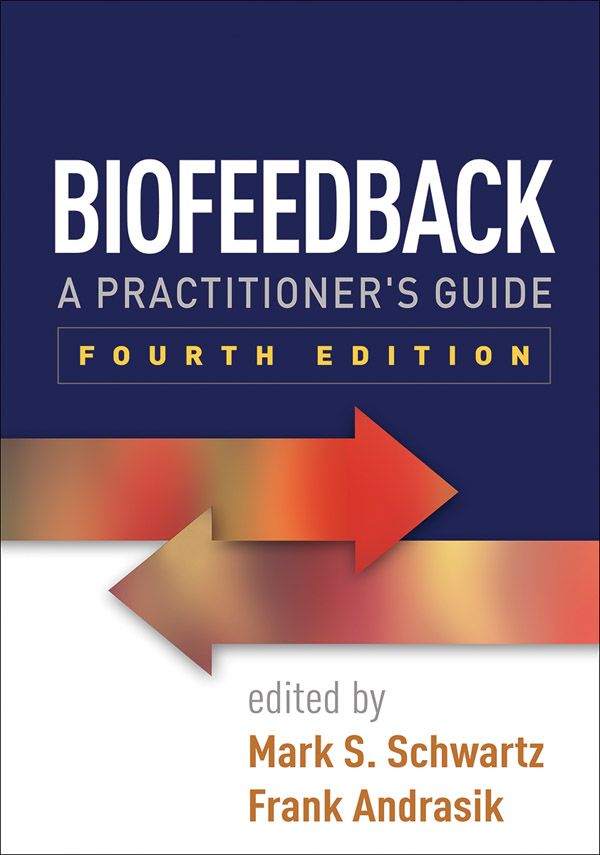Exploring How Slumber Ailments Disrupt Brainwave Function as well as Affect Cognitive Performance
Exploring How Slumber Ailments Disrupt Brainwave Function as well as Affect Cognitive Performance
Blog Article
Slumber is an crucial part of our everyday lives, allowing our physical selves and mental faculties to rest and recover. However, many people suffer from slumber disorders, which can significantly disturb sleep patterns. These disorders can lead to various issues, including alterations in neural wave activity. Neural waves are electrical impulses in the mind that indicate our mental state and activity. When slumber is interrupted, the normal patterns of neural waves can be impacted, leading to problems with mental function, such as recall, attention, and decision-making.
There are several types of slumber disorders, including sleeplessness, sleep apnea, and restless leg syndrome. Sleeplessness is characterized by trouble falling or remaining asleep, while sleep apnea entails interruptions in respiration during sleep. Restless leg syndrome induces uncomfortable sensations in the limbs, leading to an compelling desire to move them. Each of these disorders can disturb the natural slumber cycle, which comprises of different stages, including shallow sleep, deep sleep, and REM (rapid eye movement) slumber. Each stage plays a vital role in maintaining overall cognitive health and function.
When slumber disorders interfere with these stages, neural wave activity can become irregular. For instance, during deep sleep, the mind produces gentle delta waves, which are important for bodily restoration and memory consolidation. If a individual experiences repeated awakenings or does not reach profound sleep, the production of these delta waves is diminished. This can lead to challenges in learning new knowledge and retaining memories. Additionally, REM sleep, which is linked with fantasizing and emotional processing, is also impacted. Disruptions in REM sleep can result to problems with affective regulation and creativity.
The effect of sleep disorders on mental function is significant. Research has demonstrated that individuals with slumber disorders often experience challenges with attention and concentration. This can influence their performance at educational institutions or work, making it challenging to finish tasks or participate in discussions. Furthermore, long-term slumber deprivation can lead to emotional changes, heightened stress, and even anxiety or melancholy. These cognitive and affective challenges can create a cycle, where poor sleep leads to mental difficulties, which in turn can result to more slumber problems.
Addressing sleep disorders is essential for improving neural wave activity and cognitive function. Therapeutic options may include lifestyle changes, such as creating a consistent slumber schedule, creating a cozy sleep environment, and practicing relaxation techniques. In some cases, clinical intervention may be necessary, such as employing a CPAP machine for slumber apnea or medication for insomnia. By valuing sleep and pursuing appropriate care, individuals can improve their overall cognitive abilities and boost their quality of life. Comprehending the relationship between slumber disorders, brainwave activity, and mental function is an essential step toward better sleep disorder management with qEEG health and wellness.